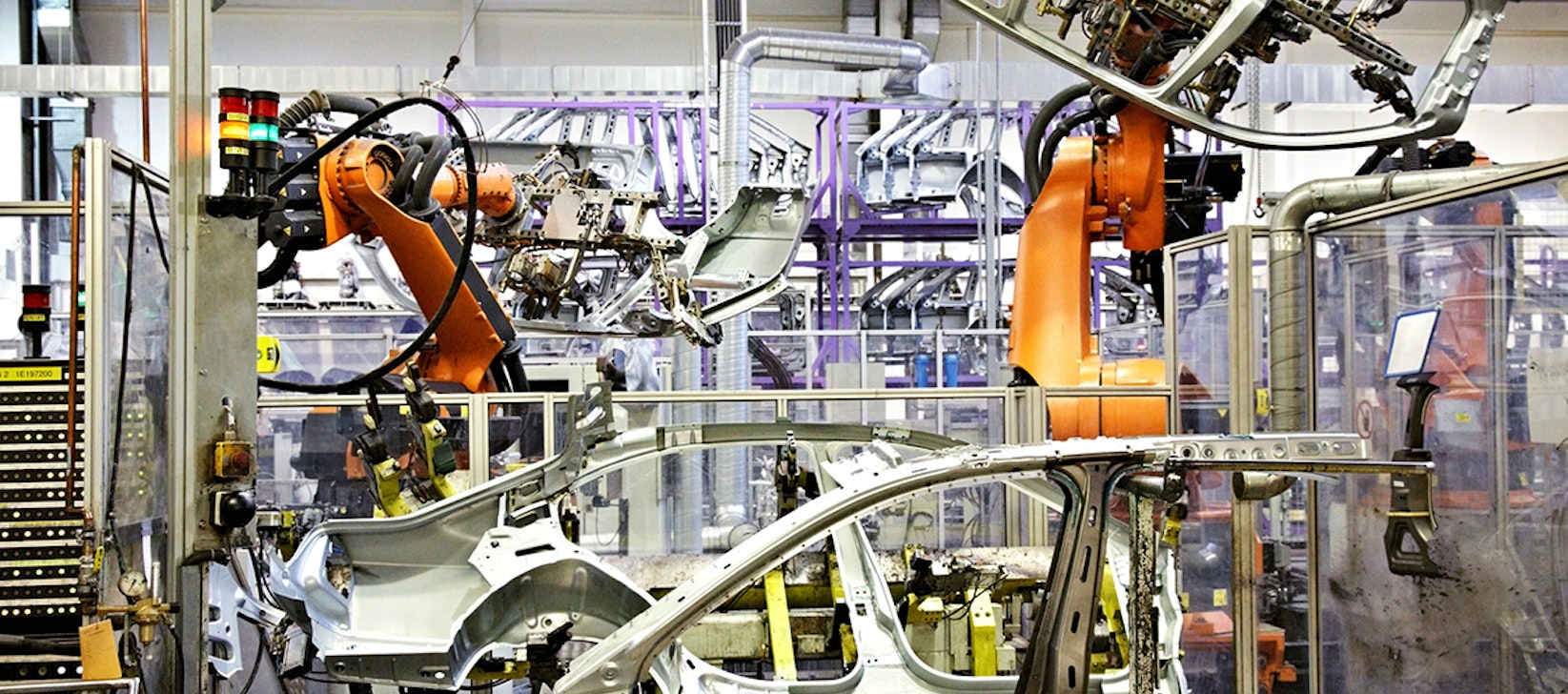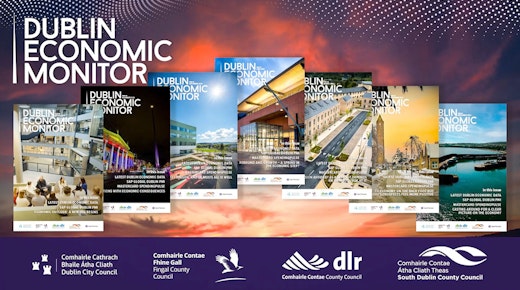Technological advancement demands adaptive strategies to deal with rapid changes.
It took the telephone 75 years to reach 50 million users. The Internet: 4 years. Angry Birds: 35 days.
This shows just how quickly technology and its applications have spread and so will their impact on business models, government policy and society at large. Today’s disrupters (Airbnb, Alibaba, Uber) were relatively unknown just a few years ago.
The Iphone has 2 billion users today, and it was only launched in 2007. The convergence of multiple technologies means we are seeing an emergence of entirely new ways in which our lives will evolve. In fact, the world is experiencing unprecedented change, driven by the technological shifts of the Fourth Industrial Revolution.
We now live in an interconnected system of systems. Disruption is not confined to individual industries, countries or regions; one single innovation has the power to impact entire global structures.
Our current business models, governance models and societal models are struggling to adapt to the speed of this revolution.
Companies need to build their innovation ecosystems because strategies which are focused on reducing costs are less effective than those that are offering products and services in more innovative ways.
Many companies ask themselves a fundamental question. Which it worth owning, the platform, or the underlying technology?
Today we have 23 billion connected devices worldwide, a figure that is projected to increase to 75 billion by 2025. We are witnessing profound shifts across all industries marked by the emergence of new business models, the reshaping of production, consumption, transportation and delivery systems.
On the societal front, we are seeing a paradigm shift in the way we work, communicate and entertain ourselves.
The future of jobs and work is a major challenge and we do not yet know exactly how the Fourth Industrial Revolution will impact jobs. We do know that lifelong learning and technical skills will become increasingly important. It has always been the case that industrial revolutions have destroyed some jobs and replaced them with jobs higher up the value chain.
In the early 20th century 90% of people worked in the agriculture sector, today it is 2% globally. The app or gig economy provides new jobs, which provide more flexibility to the workers, but this also requires new approaches on how to protect these workers in case of unemployment or illness.
Agile governance is a must in the future – and this applies to governments and institutions, as well as businesses, which will need to have adaptive strategies to deal with the rapid changes. The Fourth Industrial Revolution will have a monumental effect on the economy and society.
We must be at the frontier and we must ensure that we benefit from the immense opportunities it provides, by working together to make sustained, positive and systemic change and developing the collaborative platforms to do so.





